We caught up with the brilliant and insightful Goldie Jones a few weeks ago and have shared our conversation below.
Hi Goldie, thanks for joining us today. Have you been able to earn a full-time living from your creative work? If so, can you walk us through your journey and how you made it happen? Was it like that from day one? If not, what were some of the major steps and milestones and do you think you could have sped up the process somehow knowing what you know now?
I have been extremely fortunate that I have been able to earn a full-time living from my creative work, in a number of different ways.
I decided to make a major career shift right before the pandemic when I decided to transition from working in commercial production into working in film and TV as a writer/director. It might seem crazy to shift away from a stable, successful career as a Director/Creative Director and owner of an award winning production and animation company into the infamously unpredictable world of filmmaking. But my end goal had always been to write and direct features. I had entered into commercial production as a way to learn everything I could about production and post production. It was never meant to be the final destination. But it was an amazing education and opportunity for exploration and growth.
I started out as a freelancer. I had come out of college with a really broad set of skills and initially found work as a set PA, camera assistant, editor, and motion graphics artist. It did take a few years to get established in the industry but once I did my company started to organically grow around me. I started taking on bigger roles on projects, moving up to DP, Director, Post Supervisor, Creative Director. Within five years I was running my own award winning production and animation company, Subversionz Media, that just kept expanding as my roster of clients grew.
I’m a very exploratory person, especially in creative spaces. So I did also take a few side adventures along the way – none of which made me any money but they brought so many amazing experiences and people into my life. I ran an aerial dance studio and founded an aerial dance festival for a few years dedicated to supporting contemporary circus arts. I ran a small press magazine that published art, poetry, and short fiction. I published my own short fiction and poetry in small press magazines and my mixed media artwork was shown in a number of galleries and art spaces. And I took a year to travel internationally and train at circus studios around the world, explore street photography, and re-ignite my love for screenwriting which sparked my transition from my commercial work into the world of film and TV.
Could I have sped up this process? Absolutely. But while I might have gained speed I would have sacrificed a lot of amazing and valuable experiences that have made me the storyteller that I am today. I’m of two minds on this. Women and femme presenting people often feel like they need to be overly qualified to take on a new challenge before they will take a risk. I would love to see more of us just dive in. But I also think taking the slower way around and gathering skills and life experience can be incredibly valuable to us as artists and as human beings. But either way, my advice to anyone – whether they’re on the fast track or the slow path – would be to be willing to take risks, be willing to fail spectacularly, and be willing to learn everything you can from all of the highs and lows along the way.
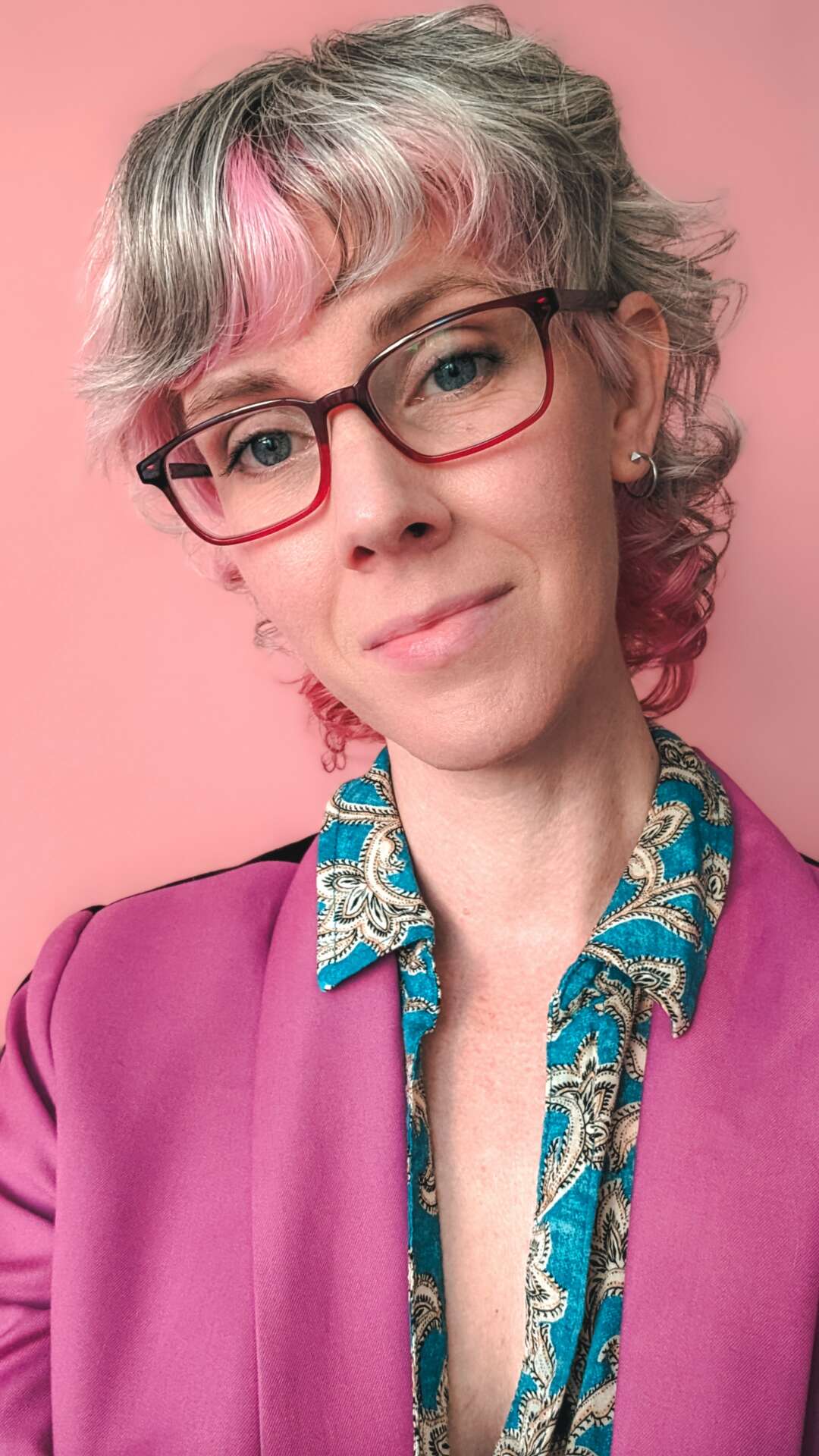
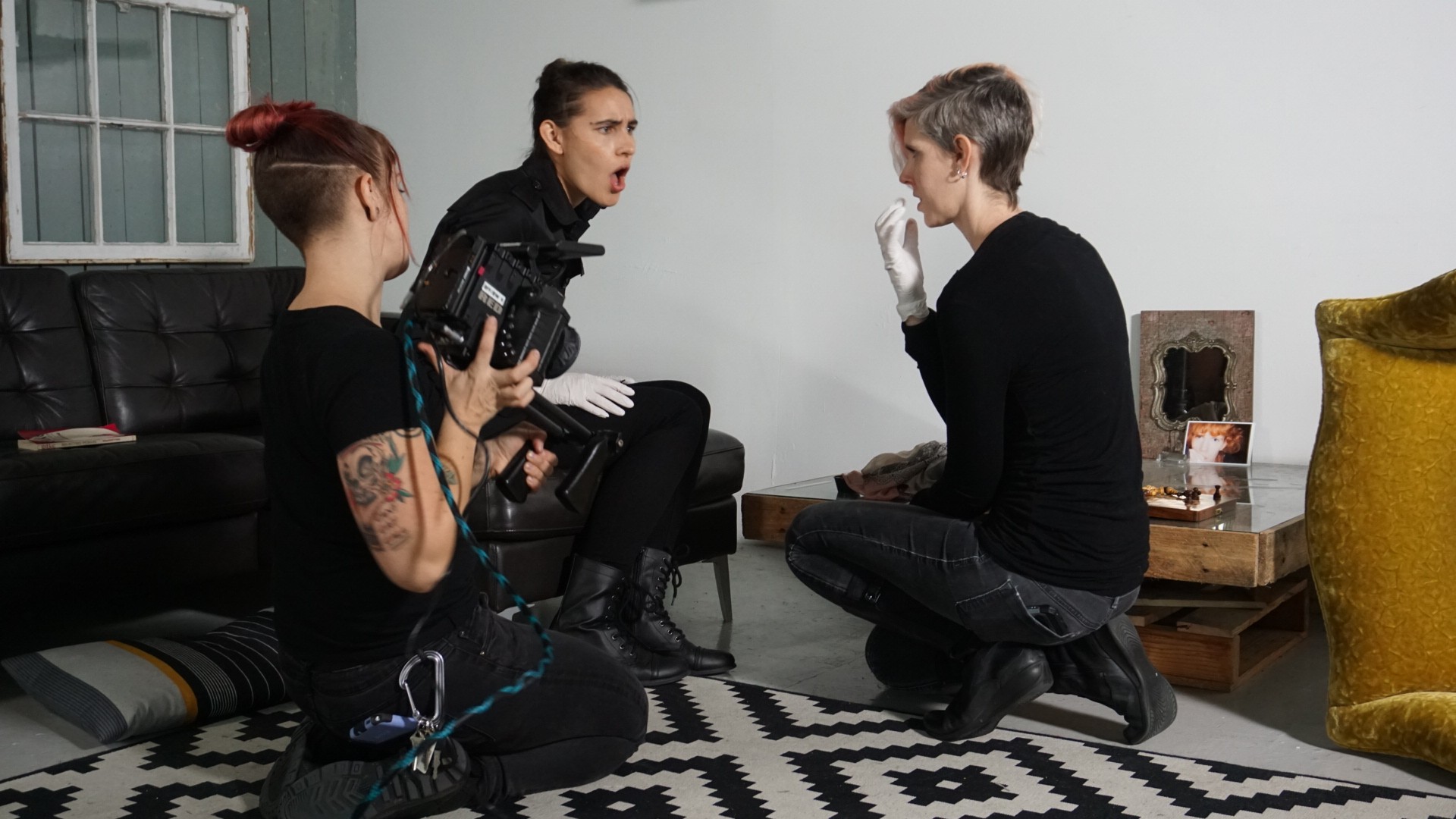
Goldie, love having you share your insights with us. Before we ask you more questions, maybe you can take a moment to introduce yourself to our readers who might have missed our earlier conversations?
I am an award winning writer and director that focuses on gritty genre stories that center people across the gender spectrum claiming their power. I’ve always been a writer. I wrote my first short story at 4 and started getting my stories and poetry published at 16 or 17. I fell in love with screenwriting and filmmaking in college and dove into a career in commercial production after college to learn everything I could about production and post production. I continued to write – poetry, short stories, novellas – and eventually I wrote a screenplay that started to catch fire. I took second place in competitions like Slamdance and Cinequest and found myself as a finalist in the Universal Writers Program.
And at that point I knew it was time to make the leap into film and TV and away from commercial work. And even though that coincided with the start of the pandemic, there really is no “perfect time” to follow your dreams.
I’ve always been passionate about storytelling. And film and TV in particular create some of the most intimate and immediate connections between a story and an audience. And I’ve always been fascinated by the impact and responsibility we have as storytellers in this particular medium because of the profound nature of that impact. I love to see that the industry as a whole has become so much more aware of representation and its social and political responsibilities in the images and narratives we put out into the world.
I want to tell stories that start conversations, that make people think about things they might have taken for granted, to shake us out of the idea that things are just “the way they’ve always been”. Things can and will always change, and we should be active participants in change, in creating a better world, in moving us forward. And I’m really proud of the conversations that my work inspires, that it changes people’s perspective on the world and themselves.
I have a number of projects currently in development, features and episodic projects, and I’m thrilled to be working with my management team at Heroes and Villains to bring some of these stories to the world. And to have development support for my projects through programs like the Stowe Launch Fellowship. It makes a world of difference to have these amazing people championing my work and these particular stories.
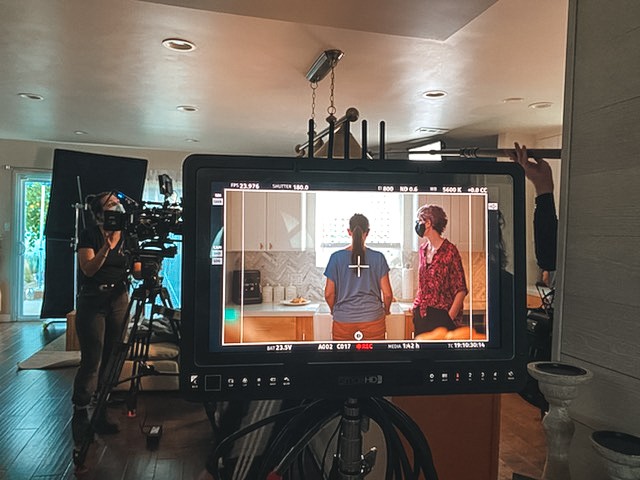
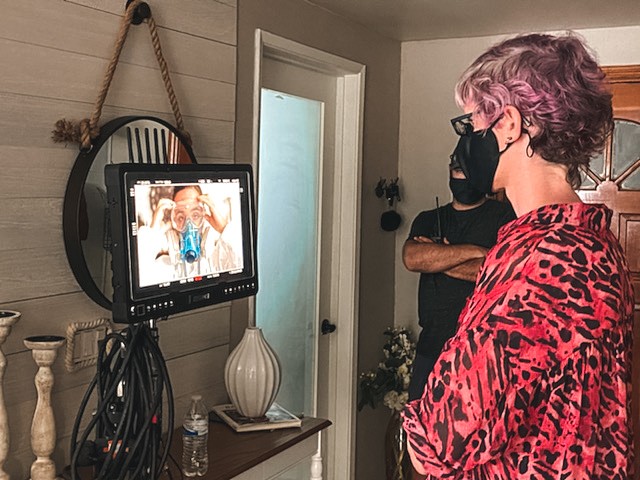
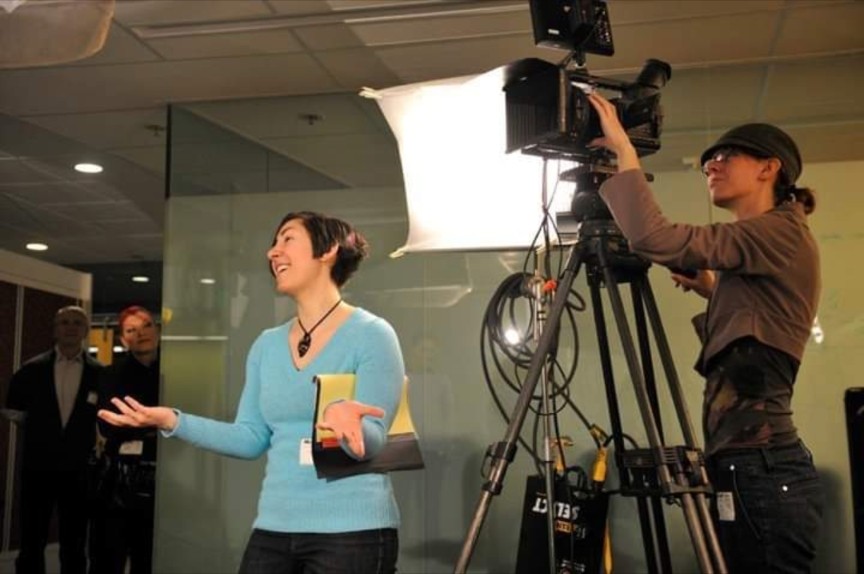
What do you think is the goal or mission that drives your creative journey?
Don’t tell them a story. Give them a story to tell.
This has been the slogan of my company for years. But it’s not just a helpful framework for building commercial work or marketing campaigns. It is a guiding principle in how I approach all of my creative work, especially my scripts and films. I want people to read my work or watch my films and keep talking about them long after. It should linger with them, make them think, make them reconsider old ideas, make them have new conversations with the people in their lives. If people walk away from my work with a story to tell, I have succeeded.
Storytelling is central to human connection. Our stories shape how we see ourselves, how we interact with each other, how we inhabit our societies, cultures, environments. How we position ourselves within a broader global context.
And the stories that really drive us forward are the ones that make us want to share that story with others. When our experience of a story makes us feel something deeply enough that it moves us to pass that story along – those are the stories that really matter. And those are the stories that I want to tell. The stories that people keep talking about for hours, days, months after.
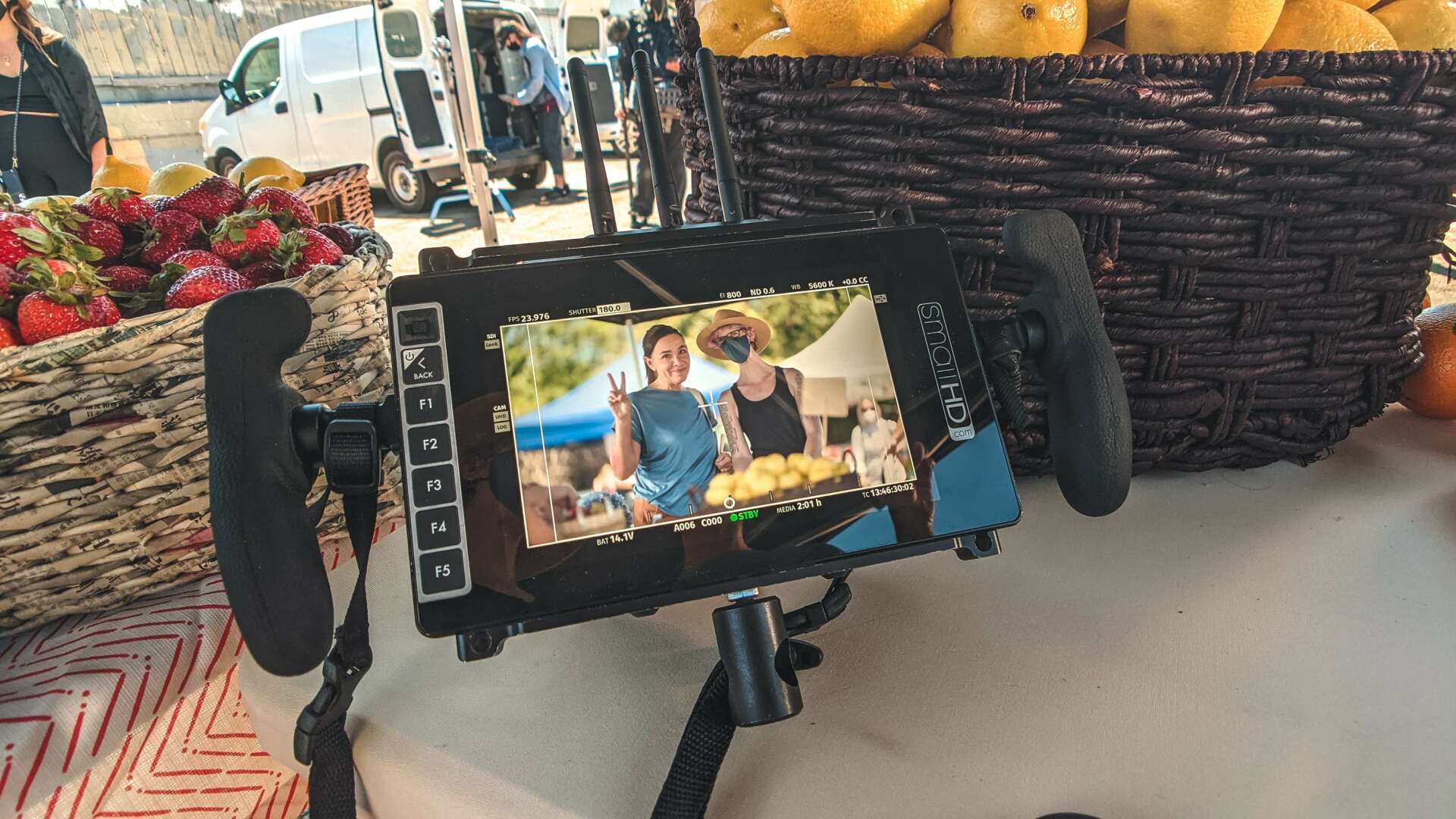
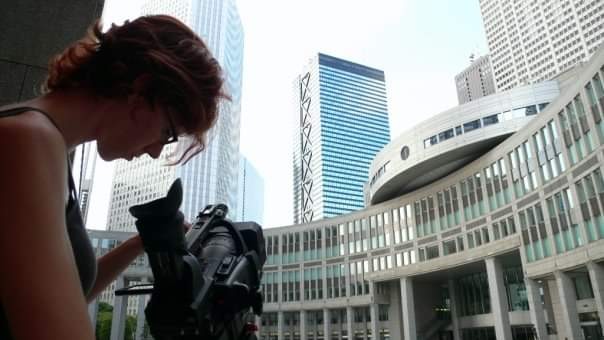
What’s the most rewarding aspect of being a creative in your experience?
The most rewarding part of being an artist is giving other people access to new perspectives. We each stand at our own little window out onto the world. And with stories, with films, with poems, we open up our windows for other people to see through. And that, to me, is the single most critical part of the human experience – is to share that experience with others to more fully understand ourselves and each other.
Contact Info:
- Website: https://www.subversionz.com/goldiejones
- Instagram: @glitchgestaltgirl
- Linkedin: https://www.linkedin.com/in/goldiejones


